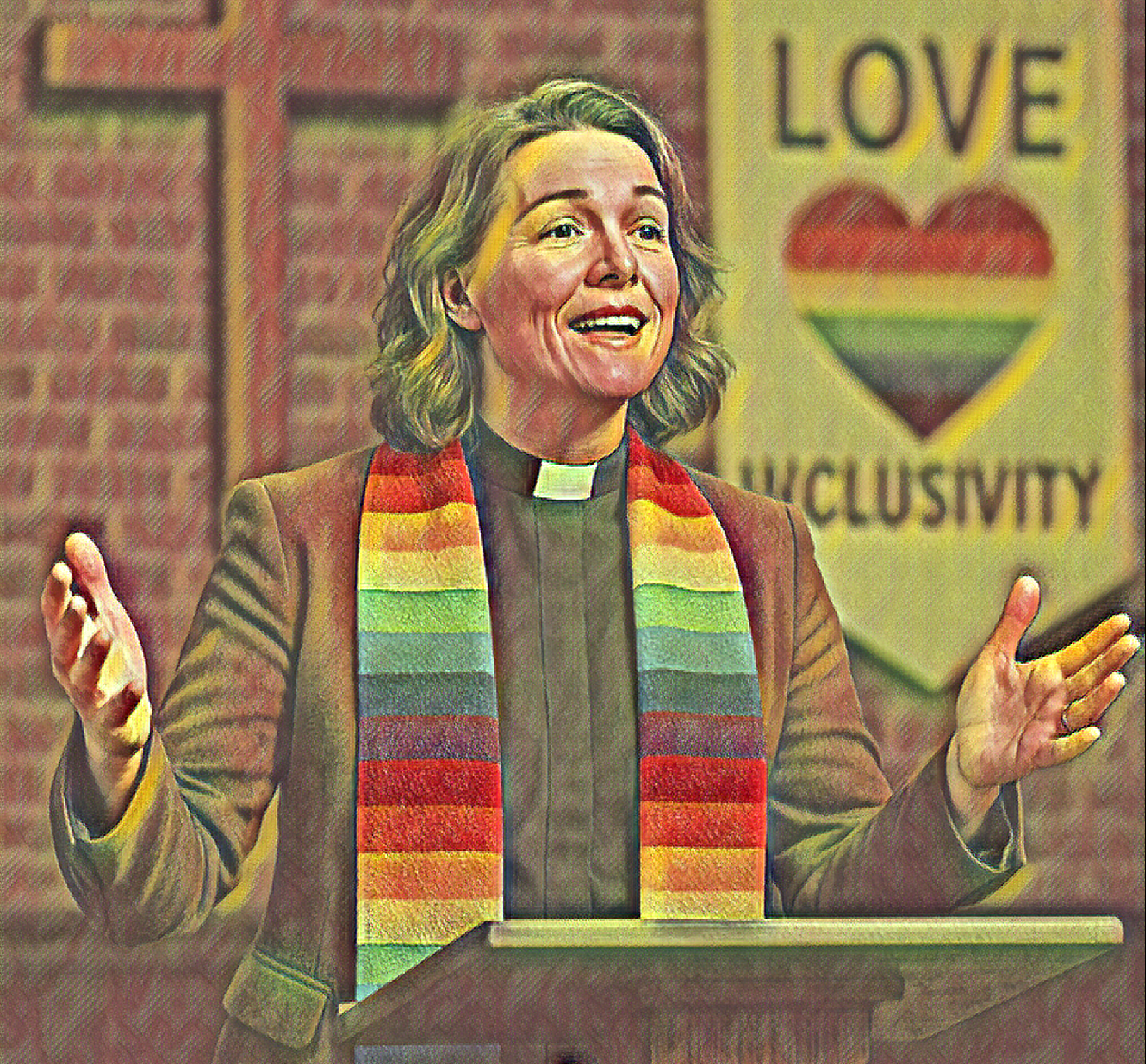To contemplate the significance of our dreams is to explore the meaning of life itself. Dreams add depth to the essential aspects of our lives and the intensely emotional moments that punctuate them.
Last night, my subconscious delivered what felt like a masterclass in my own psychological evolution, wrapped in the all-too-familiar imagery of church and calling. The dream was so vivid, so layered with meaning, that I’ve been unpacking it all morning from my Barcelona balcony, trying to understand what my deeper self was trying to tell me.
The Return to a Familiar Prison
The dream began with me accepting a position at a church—already an anxiety-inducing premise given my exodus from evangelical ministry. But this wasn’t just any church; it was a caricature of everything I’d escaped: old, redneck, close-minded, ignorant congregants led by an authoritarian “good ole boy” pastor. My unconscious created an eerie symbol of the religious system that had once held me captive.
The anxiety I felt wandering those church halls on my first Sunday was palpable, even in sleep. It was the familiar dread of institutional Christianity—the sense of being trapped in someone else’s vision of righteousness, surrounded by people who’d never questioned the beliefs they’d inherited.
The Forbidden Beauty
Then came the moment that connected everything: In the fellowship hall, I saw an adjoining room with gauzy light where three young, beautiful women were helping each other with stockings and garters, dresses pulled high, laughing with such natural pleasure and intimacy. The scene was gorgeous, sensual, and completely human—everything evangelical Christianity teaches us to fear and suppress.
My dream-self’s reaction was telling: the immediate recognition that as a minister, I wasn’t “allowed” to witness such beauty, such natural sensuality. A quick glance around to ensure no one was watching me revealed the surveillance culture of religious institutions, where even appreciating God’s creation becomes sin if it involves human sexuality.
But there was another young man behind me, also watching “in wonder.” Perhaps that was my authentic self—the part of me that naturally recognizes beauty without shame, who sees sensuality as sacred rather than sinful.
The Gracious Alternative
The dream’s resolution was profound: suddenly, I was transported back to my previous church to a brainstorming staff meeting, sitting close to a pastor who looked and talked exactly like Brandi Carlile—a gay woman known for her authenticity, powerful voice, and refusal to hide who she is. This pastor was “full-bodied” and “sensual,” everything the first church would have condemned.
When I told her I’d made a mistake leaving, that I should have visited the other church first before committing, she responded with pure grace: “Relax, there is no timeline. I want to know all about your ideas.”
No timeline. Relax. I want to know your ideas.
These words were the antithesis of evangelical urgency, shame, and intellectual suppression. This dream-pastor offered what the real church never did: permission to be human, to make mistakes, to explore ideas without condemnation.
The Deeper Revelation
Long curious about the psychology and interpretation of dreams, I recognize this as my unconscious processing the profound relief of escaping religious authoritarianism. The first church represents the system that would have me policing my own natural responses to beauty, living under constant surveillance of my thoughts and desires.
The second church—presided over by a figure who embodies authenticity and acceptance—represents the spiritual community I’ve actually found: one that celebrates rather than suppresses humanity, that sees sensuality and spirituality as dance partners rather than enemies.
The dream’s message seems clear: I did visit the restrictive church first—I spent thirty years there. And I did leave for something better—not just geographically to Barcelona, but psychologically to a place where there’s “no timeline” for becoming who I actually am.
The Permission to Be
What strikes me most is how the dream contrasts surveillance with acceptance, shame with wonder, rushed commitments with spacious permission. The Brandi Carlile pastor didn’t just tolerate my uncertainty—she welcomed it, wanted to hear my ideas, and offered the luxury of time and space to explore.
This is what authentic spirituality offers: not the frantic urgency of evangelical conversion, but the patient invitation to become. Not the policing of natural human responses, but the celebration of beauty in all its forms. Not the demand for immediate certainty, but the permission to question, explore, and evolve.
From my Barcelona perspective, where sensuality and spirituality coexist without apology, last night’s dream feels like a gift from my unconscious—a reminder of how far I’ve come and an affirmation that the path I’ve chosen leads toward integration rather than fragmentation.
The three women adjusting each other’s stockings weren’t temptation; they were beauty. The anxiety wasn’t conviction; it was conditioning. And the final scene wasn’t escape; it was homecoming.
Inconceivable that dreams could be so therapeutic? Perhaps. But beautifully, authentically healing.
Sensual | Curious | Communal | Free

Leave a Reply